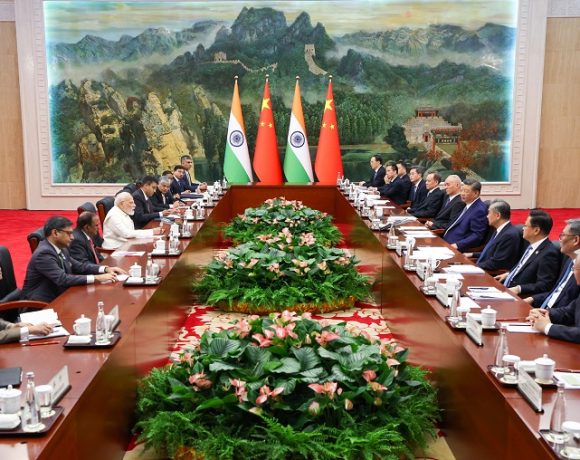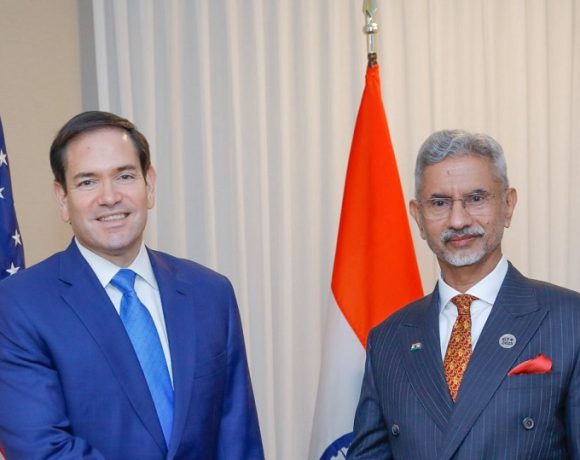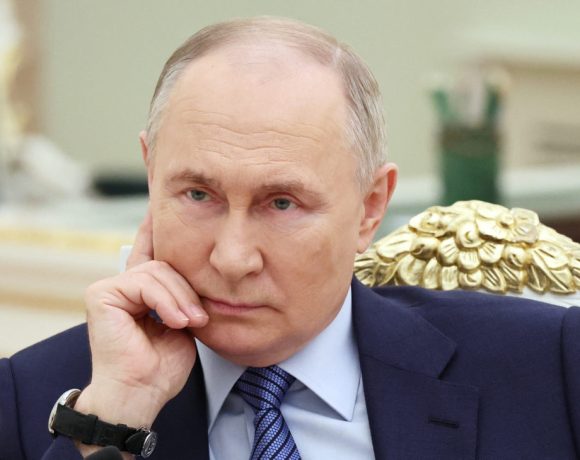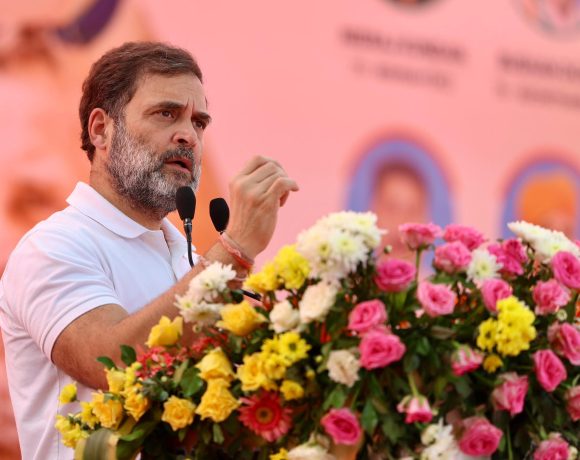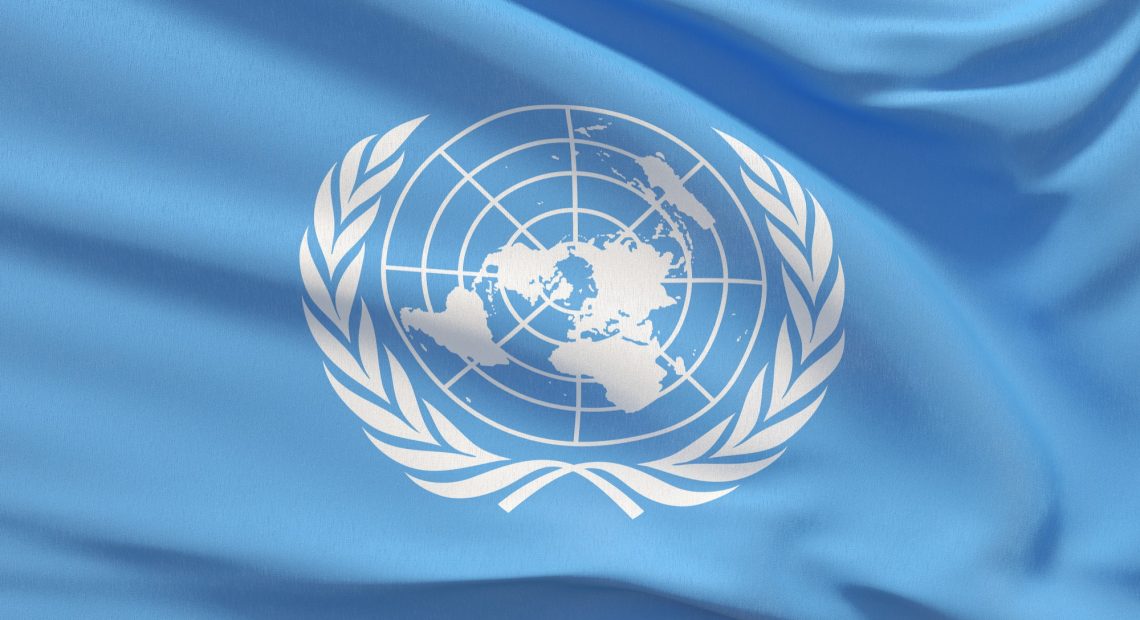
UN Rejects Bid to Delay Iran Sanctions
The United Nations Security Council voted 9 against, 4 in favour, and 2 abstentions to reject a resolution proposed by Russia and China. The resolution sought to delay the reimposition of U.N. sanctions on Iran. With its failure, the “snapback sanctions” under the 2015 nuclear deal will take effect.
Snapback Mechanism Activated
The sanctions being reinstated include arms embargoes, restrictions on uranium enrichment, and freezing of foreign assets. European powers — the UK, France, and Germany — had triggered a 30-day process citing Iran’s non-compliance with the Joint Comprehensive Plan of Action (JCPOA).
Reactions from Russia and China
Russia and China defended their proposal as favoring diplomacy and delay rather than escalation. They accused Western countries of undermining negotiations. However, their move did not gain enough support to block the sanctions.
Tehran’s Response
Iran’s President Masoud Pezeshkian condemned the vote, calling it “unfair, unjust and illegal.” He stressed that Iran would remain part of the Non-Proliferation Treaty but would oppose any actions aimed at weakening dialogue.
Implications & Next Steps
With sanctions now reinstated, Iran faces renewed international pressure over its nuclear and missile programs. The decision raises tensions in the Middle East and could reshape future diplomacy. Observers believe the outcome will hinge on whether Iran returns to compliance or adopts a more confrontational stance.


